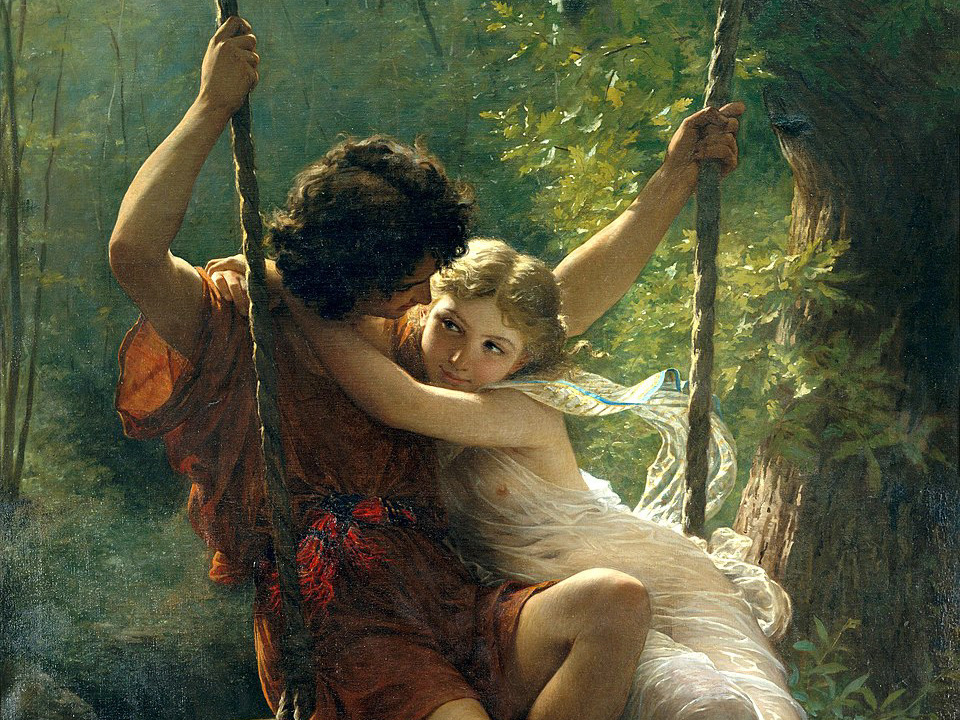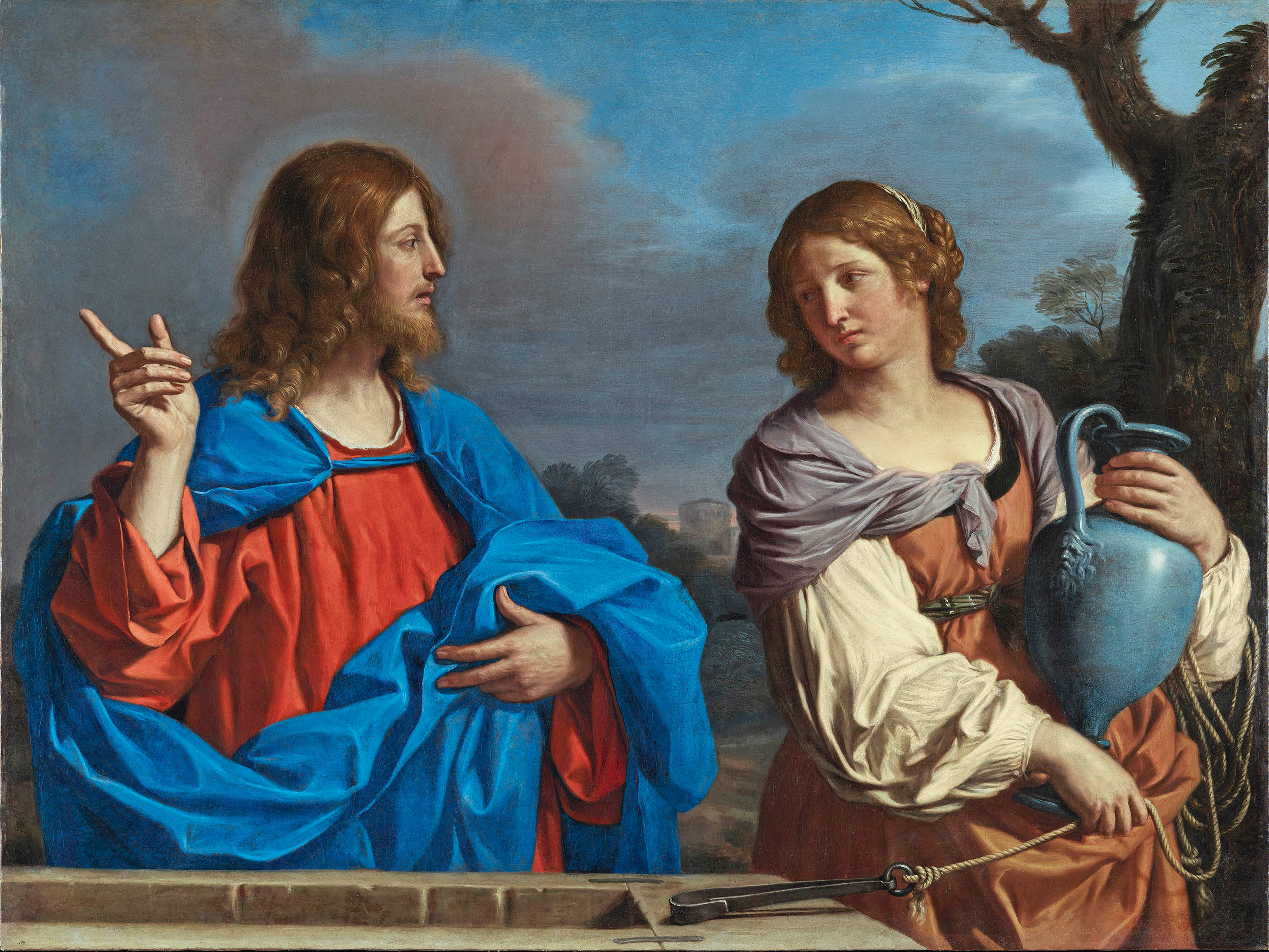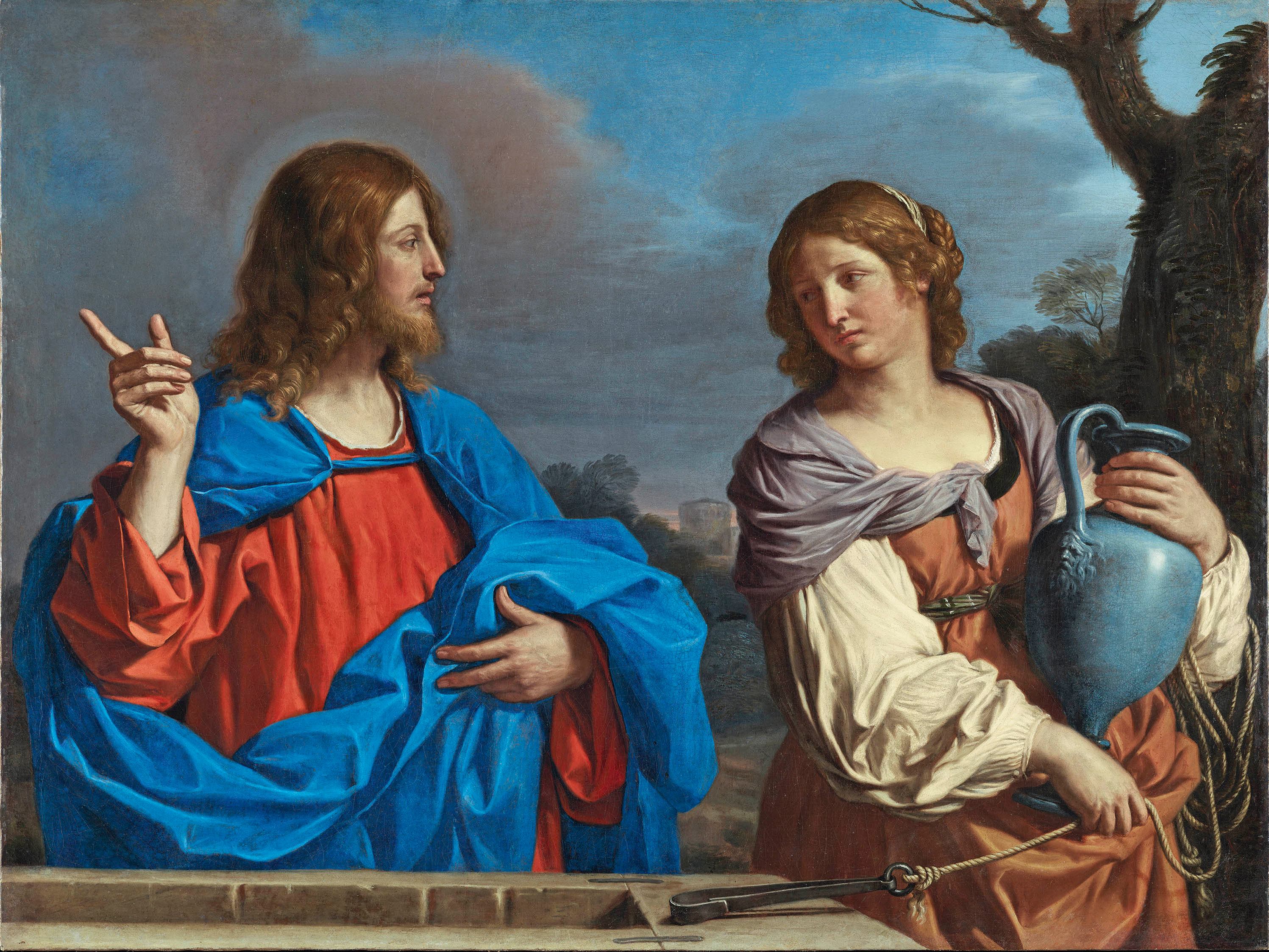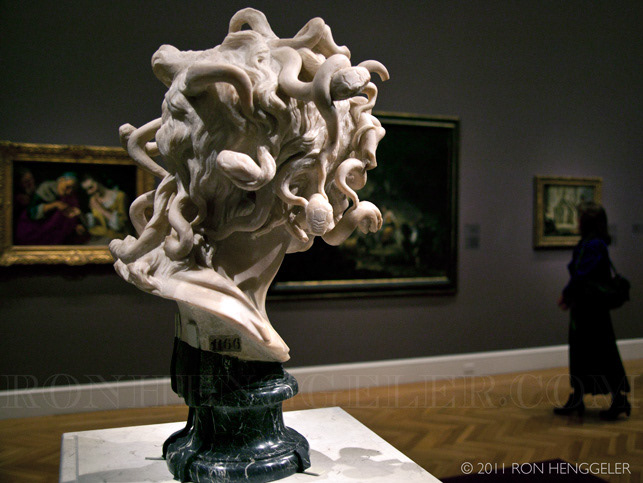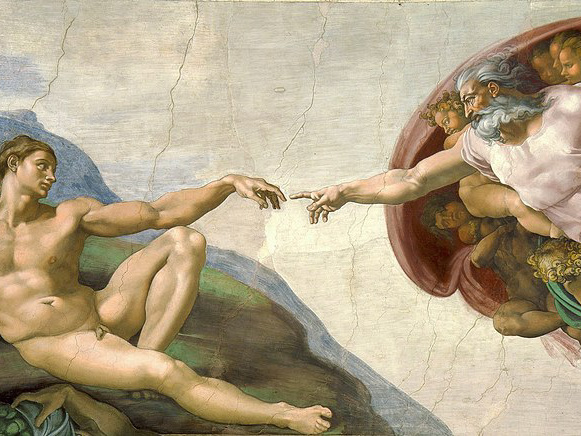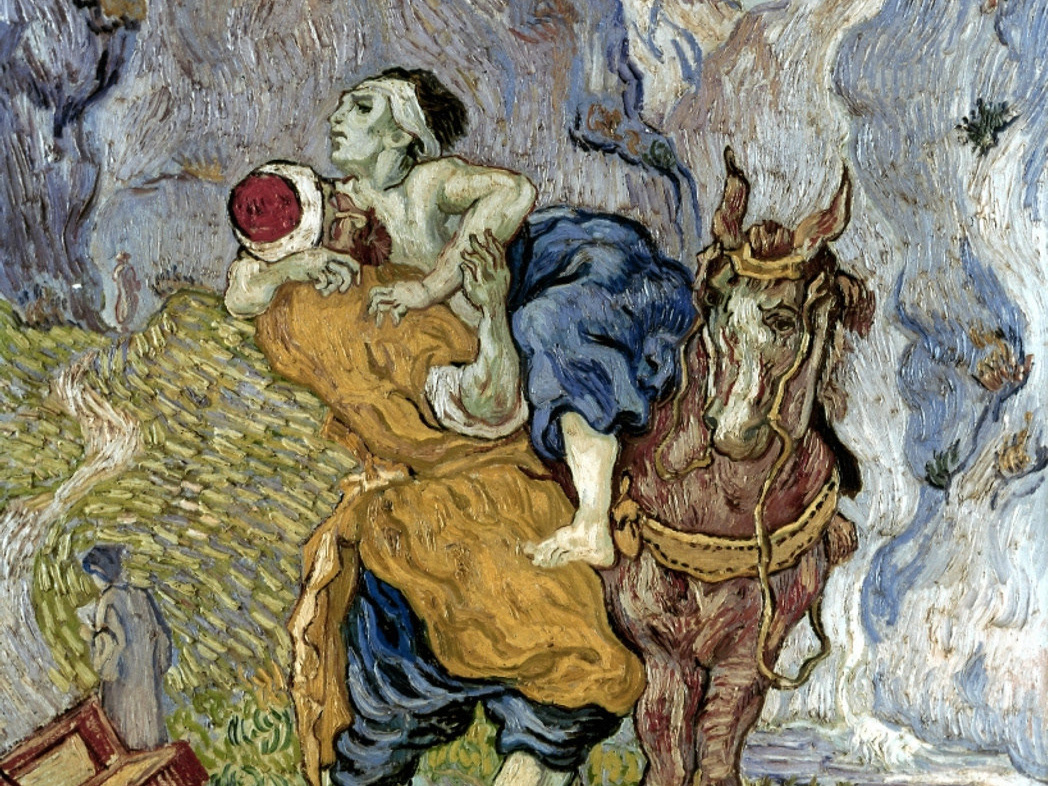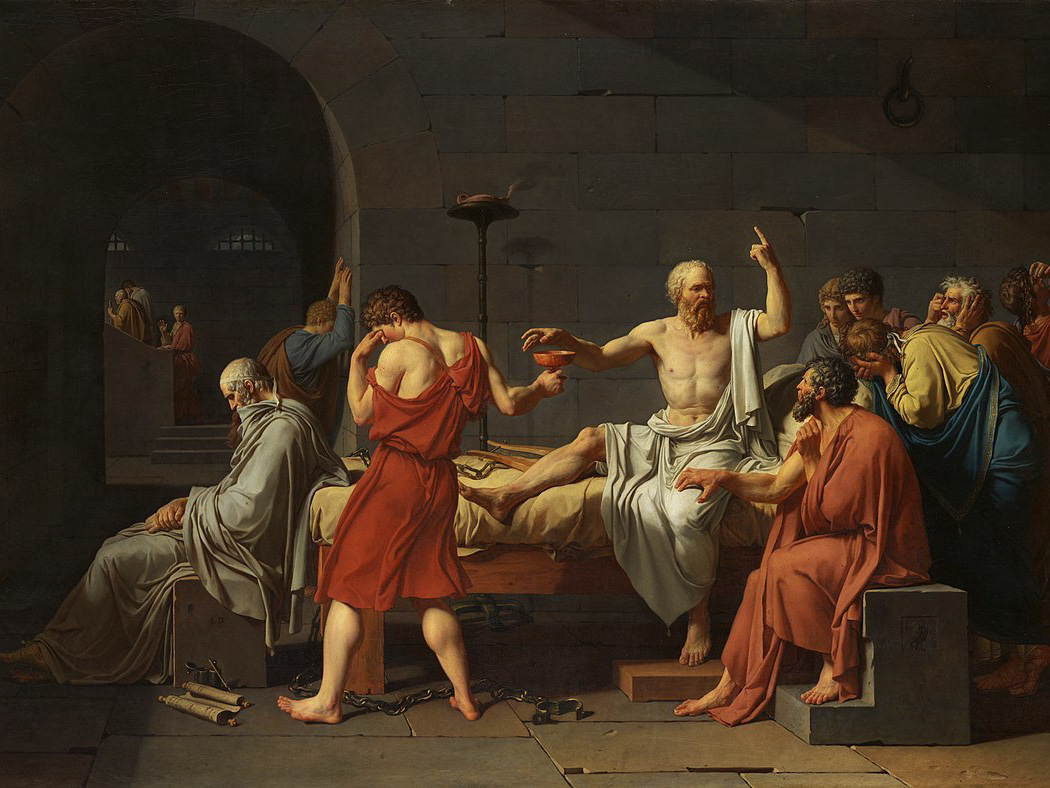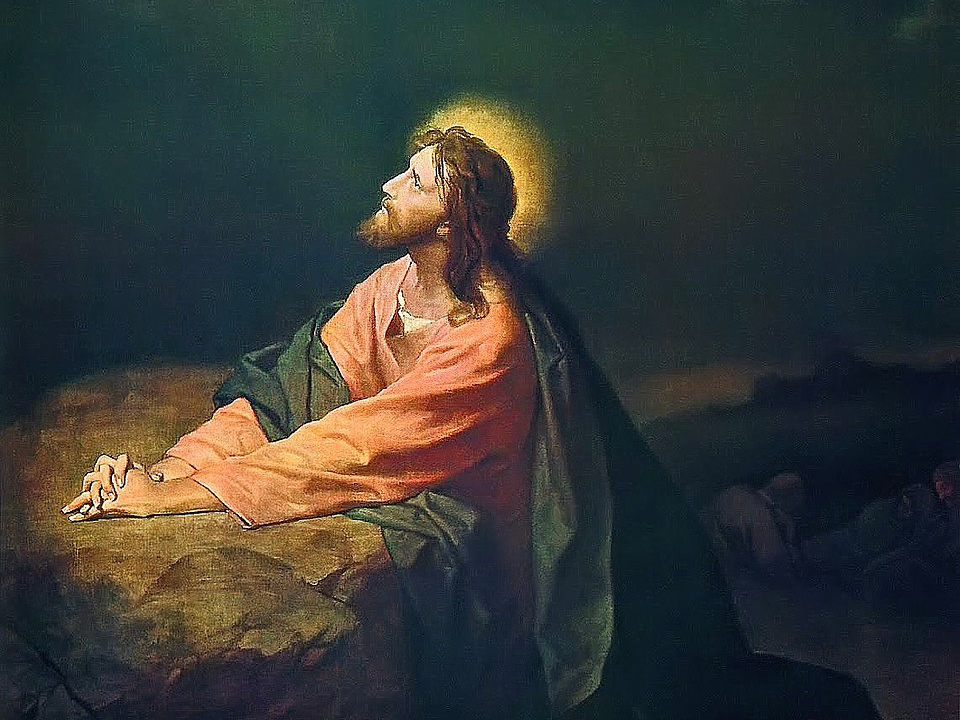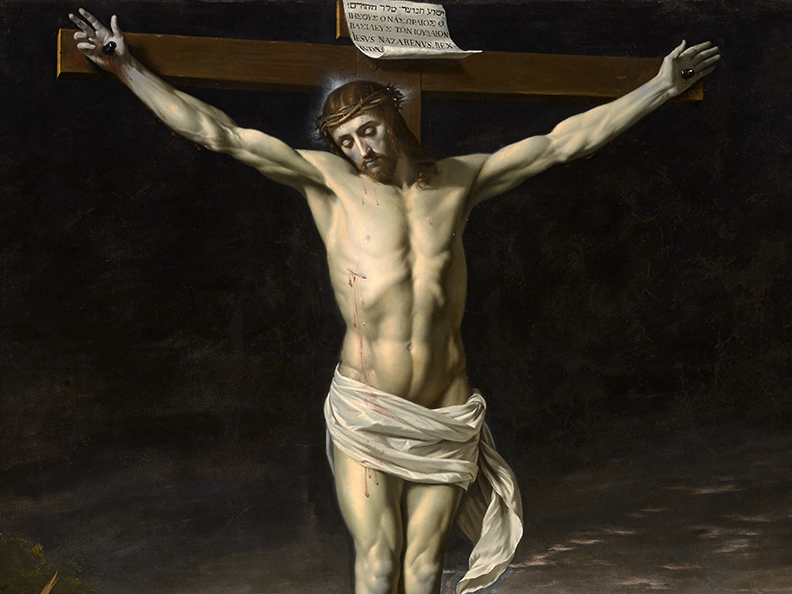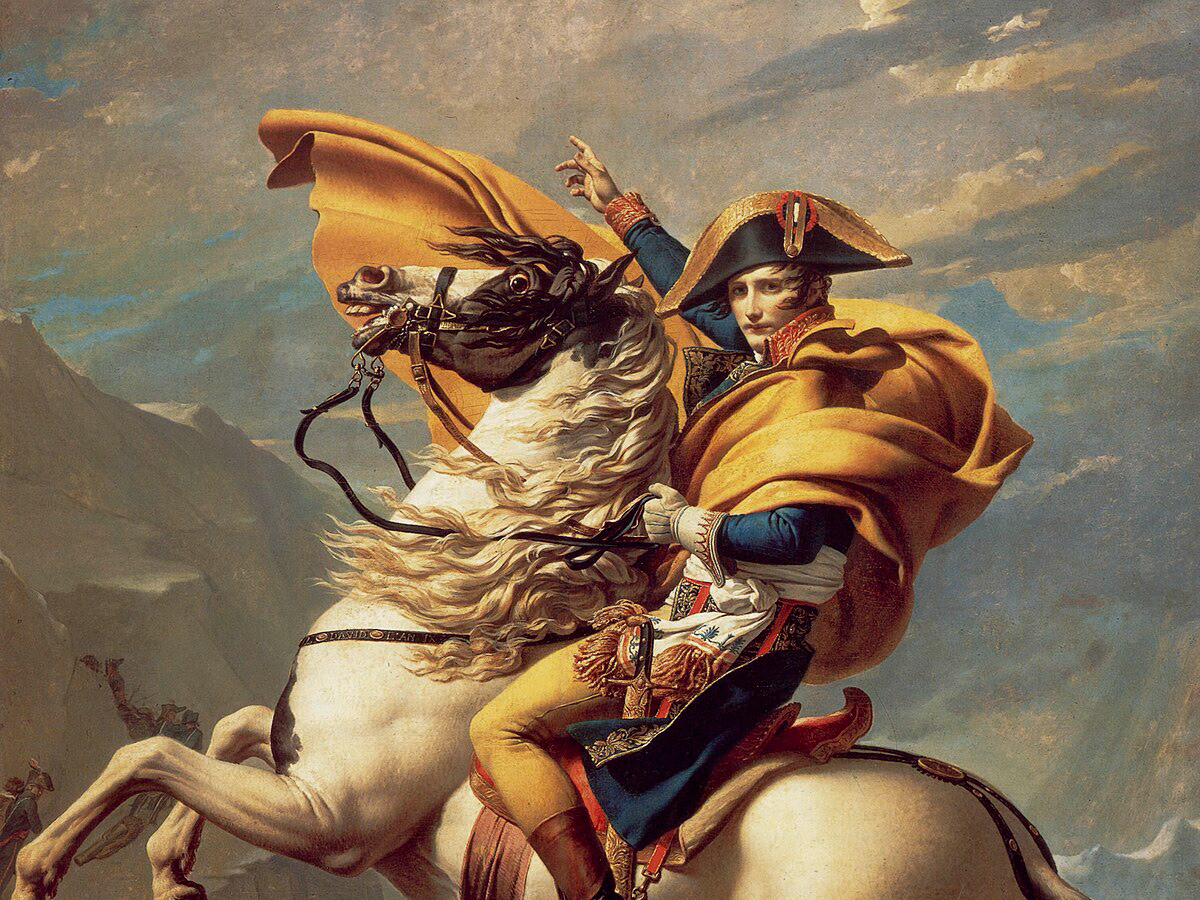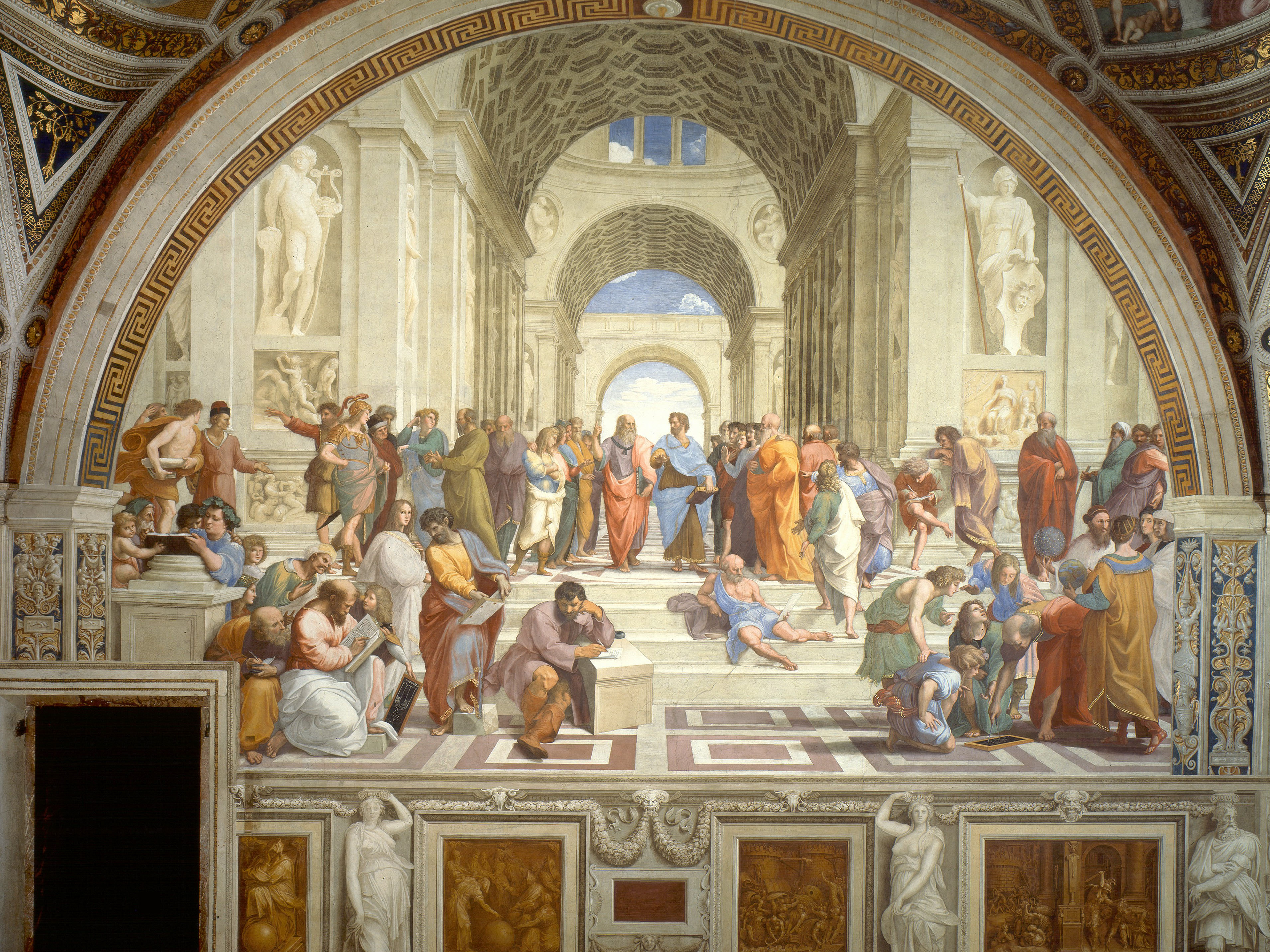In part, it’s from being chronically online that I say the phrase I am just a boy. Otherwise, it’s out of spite. Yes—spite.
Spite that we’ve reduced this thing to something so trivial. As if facial hair, or age, or physical strength, or some financial benchmark could define what it means to be a man. Trivial nonsense.
William Hogarth – A Rake’s Progress (1735)
And so we end up with boys—no more developed than twelve-year-olds—walking around calling themselves men. And no one bats an eye. We let them, simply because they’re big enough to look the part.
I don’t say this to emasculate. Not to tear down. I say it to restore weight to the word. To return it to its rightful gravity.
When I speak of man in this text, I refer not to the flesh, but to the form—the idea of the man. There is such a thing. A standard. And we must not confuse it with the mere casing that holds it.
Like I said, I’m chronically online. I’ve read the takes. I’ve seen Christians recite the same memorized, unaffectionate fodder—their two cents on manhood. And it’s always about leadership and control. As is most of modern Western Christian theology. No depth.
So the men we produce are shaped accordingly—complex beings, sized down into simplified things. And that has consequences.
The problem of the man isn’t new. It’s been forming for a long time.
I once read a critique from a mother who said what many like her have said: boys are easier. But the idea shook when someone asked—easier to raise, or easier to neglect?
Now that puts a different light on it.
And if that diagnosis is right, then it’s no surprise that these neglected boys become emotionally unaware, abusive, avoidant, naive men. Because the boy will become a man—that is certain. But a boy who dies a boy is a tragedy. Even more so when he lives out his days. And there are a few of those.
The world has changed drastically since the first humans walked the African continent. We’ve moved from surviving to dominating the food chain. We are more protected, more secure than ever before. Not necessarily stronger, but safer. Maybe even happier.
And yet, there is chaos in the socio-dynamics of the man. Because, as the world has changed, our instincts remain.
This is where I get fatigued. This is where I am misunderstood, especially in Christian circles.
The nuance of leader, protector—they chant it like a mantra.
Because in the past, the cruelty of the natural world demanded certain things of men. Gender roles were not arbitrary. They were born of need. Men were hunters. Laborers. Protectors. They answered the stranger at the gate. They were the disposable ones—wired for aggression, strength, hierarchy.
Most men today wouldn’t last a week in the Roman era. I don’t think I know one who would survive.
So what now? We need a modern interpretation of the man.
One that takes those same traits and puts them to good use. One that creates well-rounded men. Men who are worthy husbands. Worthy fathers. Brothers. Uncles. Whole men. Happy men.
I don’t want the narrative around manhood to be reduced to some weak idea of power and responsibility. It’s part of it, sure. But it’s not the whole. And a half-truth, as you know, is still a lie.
So why haven’t we figured this out? I think it’s because we don’t want to think deeply. We don’t want to listen.
Especially not when life impinges on us and we start questioning our meaning, our existence, and our purpose. Especially not when young, impressionable men, raised by the internet, are consuming the content of mediocre men—men who’ve achieved some immaterial success, who appear happy, but are just projecting their wounds onto millions like them. And we know how ugly a mob can be.
And for the Christians—especially in the West—we’ve been overtaken by nationalism, by tradition, by values built on bad theology. The kind that justified killing the natives of the Americas under a so-called God-given mandate to expand west. A God who never said such a thing.
The same theology that treated Africans like cattle. Enslaved for hundreds of years.
They’re locked into that more than they are into God. Spiritually dead—and terribly so. So God does not speak. Of course, He doesn’t. And because He doesn’t, they cannot see their errors. They interpret the world through a tainted lens and wonder why the fruit has not yet come.
And now, as we lament the loss of the ideal of the man, we see another version being born: the performative man.
I find them amusing. Interesting. And more than most other iterations of the modern man, they are real.
I haven’t yet fully understood it. But I think the bottom line might be this: The man I am is insufficient. And because he is insufficient, he wears the mask of what he believes women find ideal.
And it’s about what women find ideal because men want companionship. Romantic affection. Because around their romantic interests, they can be children again.
Yes, I’m aware the performative man is malevolent. Everything gets corrupted. And I’m not approving the tactic. I’m understanding it.
And understanding an issue is the first step to defusing it. If we begin by frowning and yelling, we create a needless distance no one is willing to cross.
So in the end, I’m not writing to men alone. I’m not sharing these thoughts for men alone. Not at all. This is for all of us.
Because women, too, have an idea of the man. Sometimes too high, unattainable, and cruel. Sometimes too low, apathetic, and hollow.
And these ideas affect men. They affect society. They affect the outcome of a people. A nation.
So I am contemplating this not just for the individual, but for all of us. For our children. For what becomes of us.
The question at hand is this:
What is your idea of the man?
Rembrandt – Aristotle with a Bust of Homer (1653)
